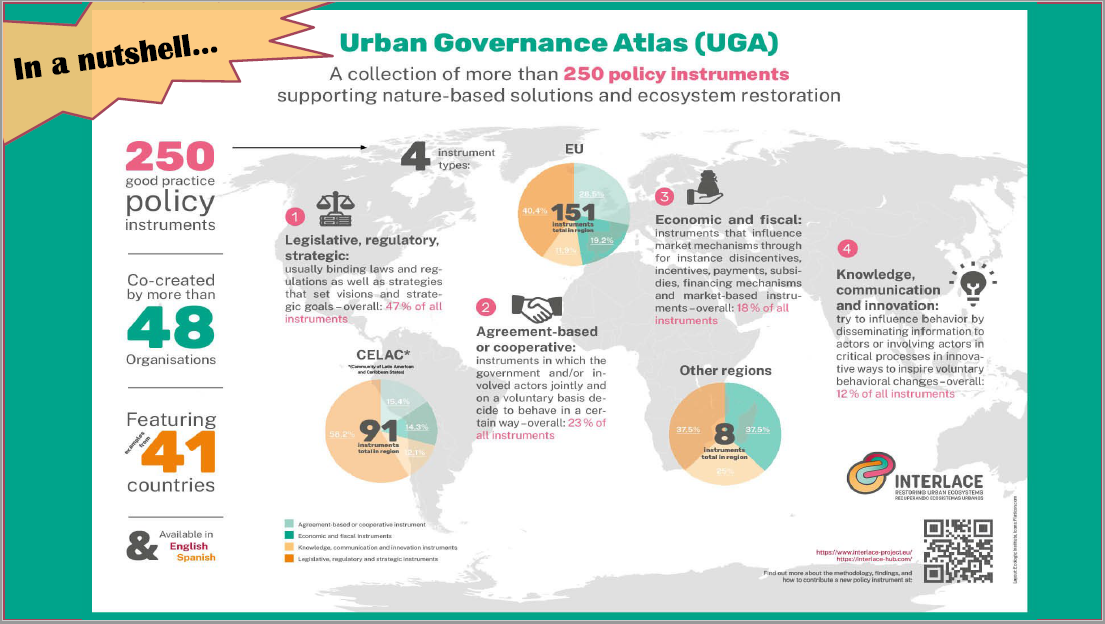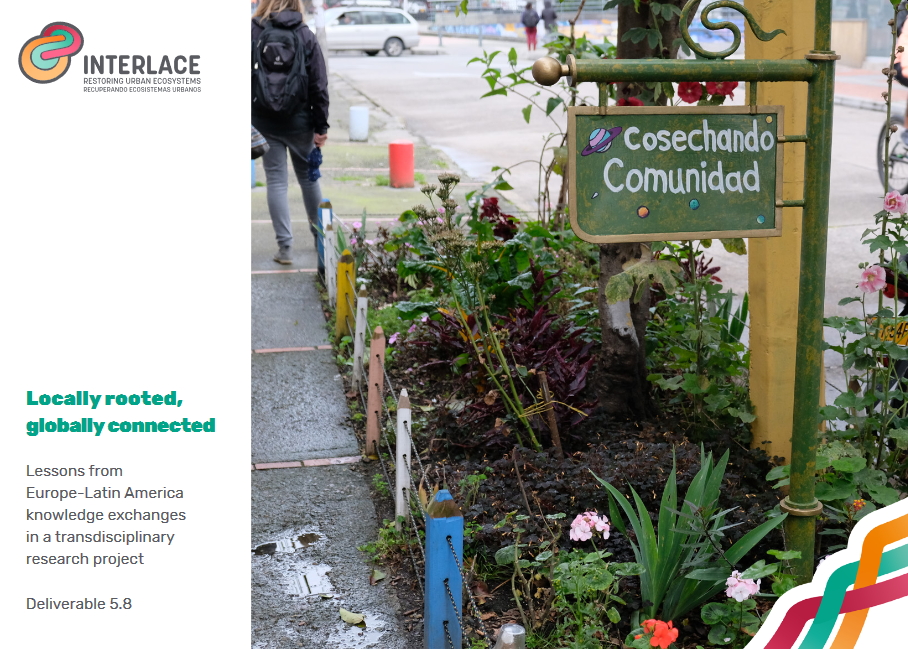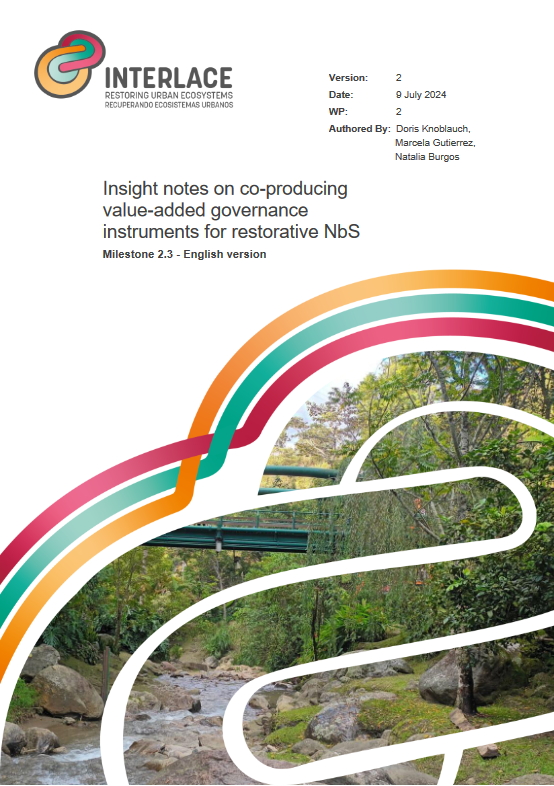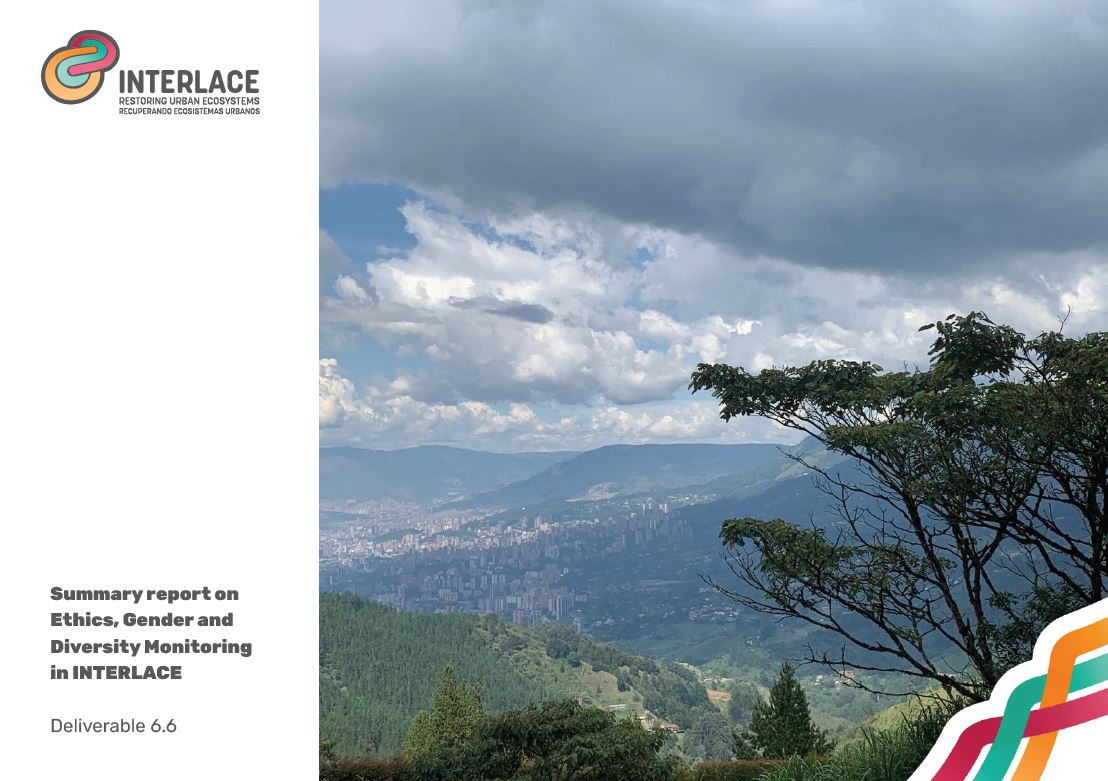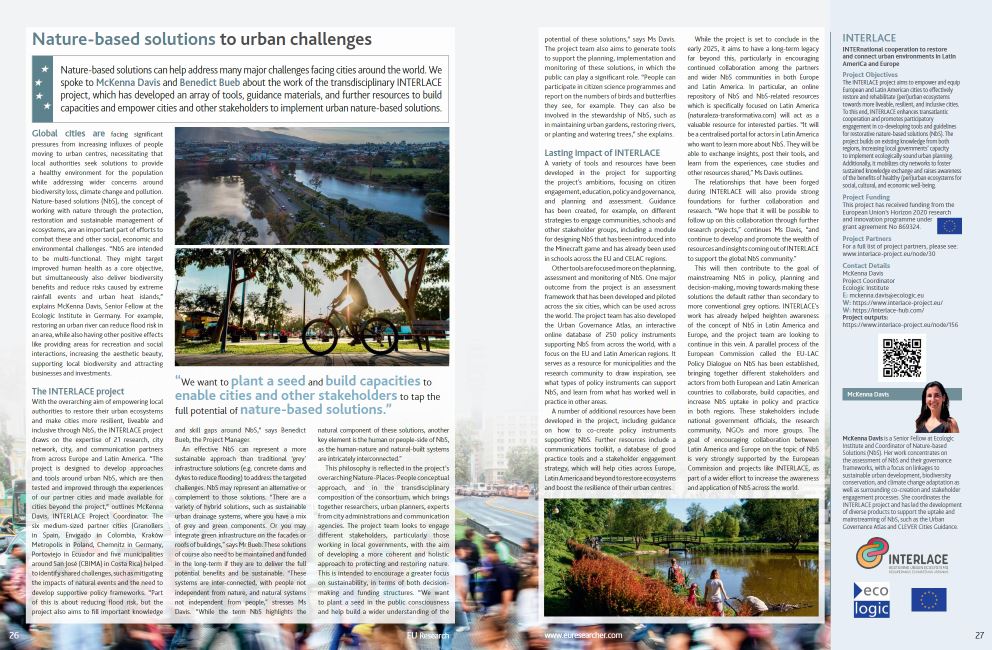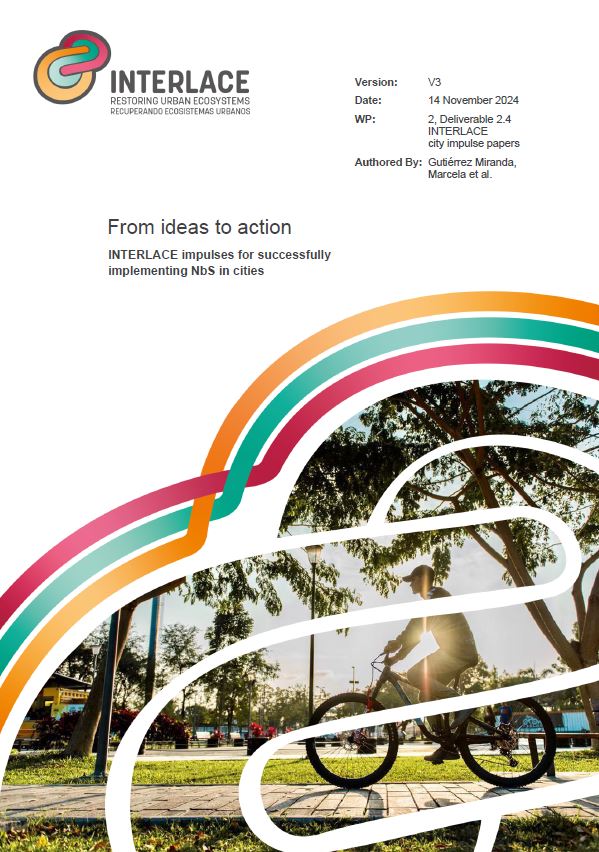Co-creating Nature-based Solutions with Commonly Excluded Stakeholders
Insights from practice and research
- Publication
- Citation
European Commission: Directorate-General for Research and Innovation, Co-creating nature-based solutions with commonly excluded stakeholders – Insights from practice and research, Publications Office of the European Union, 2025, https://data.europa.eu/doi/10.2777/4288584
Ensuring inclusivity in the co-creation of nature-based solutions (NbS) is crucial for equitable, effective, and sustainable outcomes. Yet, many stakeholders – such as marginalized communities, indigenous groups, youth, and other vulnerable groups – remain underrepresented or excluded from decision-making processes. These groups, referred to as "commonly excluded stakeholders" (CES), are highly affected by or interested in NbS, but often face barriers that limit or prevent their participation.
This European Commission report, developed within the NetworkNature+ Task Force 6 on Co-Creation and Governance and led by Ecologic Institute's McKenna Davis and Natalia Burgos Cuevas, draws on survey findings and an expert workshop to examine key barriers, synthesise practical approaches and measures to enable meaningful participation, and provide illustrative examples. By situating these findings within the broader context of NbS governance, the report provides practical guidance for practitioners and decision-makers committed to making NbS co-creation more inclusive.
Key findings and guiding principles
- Exclusion is multifaceted: CES may be left out intentionally, unintentionally, or through self-selection, shaped by intersecting social, cultural, and institutional factors.
- Barriers are mutually reinforcing: From structural hurdles (e.g. language, mobility, legal status) to systemic drivers (e.g. power asymmetries, extractive practices), CES face multiple, interconnected challenges.
- Inclusion brings real benefits: Meaningful engagement improves solution quality, strengthens trust, reduces inequalities, fosters ownership, and enhances long-term sustainability.
- Methods matter: Inclusive practices go beyond workshops, incorporating participatory mapping, storytelling, theatre, community walks, arts, and digital tools, alongside practical support such as childcare, translation, and compensation.
From these insights, the report distils eight guiding principles for inclusive NbS co-creation, emphasising intentional inclusion, trust-building, flexibile process design, equity and recognition, method diversity, cultural sensitivity, shared expectations and reflexivity and learning. The central message is that inclusion of CES is not a one-off step, but a continuous commitment across the NbS lifecycle.
Read the full report here: https://op.europa.eu/en/publication-detail/-/publication/7a34e1dd-9db6-…




